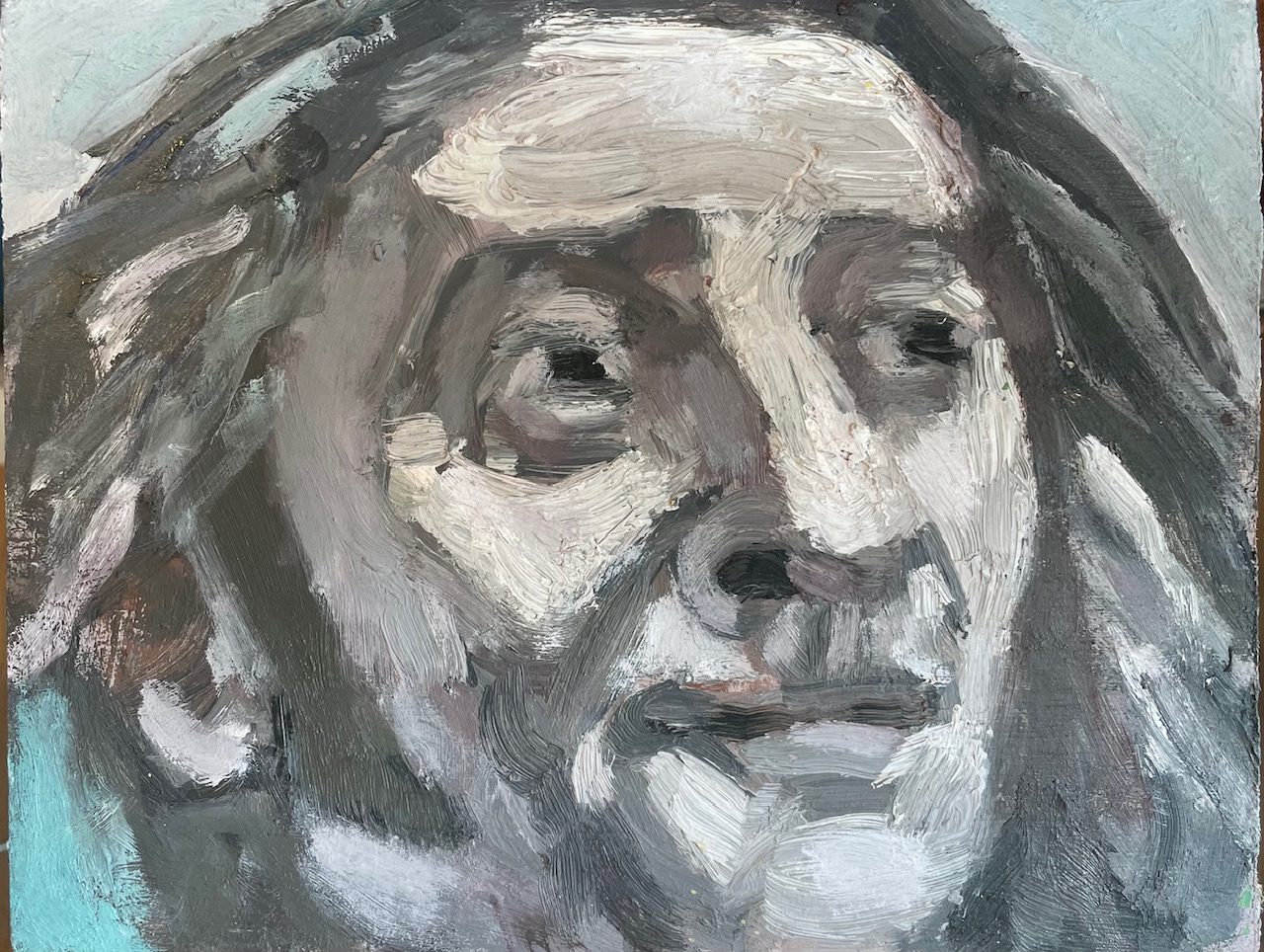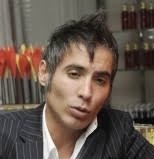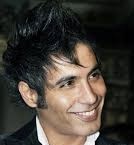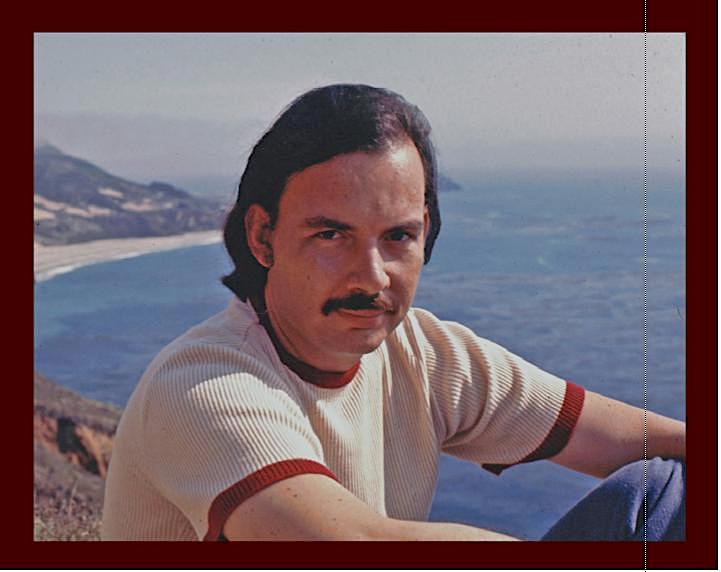|
estebanana -> RE: Así se canta (Oct. 21 2024 1:59:05)
|
quote:
ORIGINAL: Ricardo
quote:
If Brook Zern were alive he’d wash your mouths out with jabon, spank you and send you to bed without a supper. Morante, you ****ing trouble maker.
I drummed up the issue honestly, sorry. Morante had posted about cante in good faith, with his focus on Fernanda. Unless he covertly wanted the likes of me to take the bait, and THEN post the fandango por soleá? And this has all happened before (in the past without me) on internet chat universe?[:D]
Anyway, Brook seemed to be a down to earth and smart guy. I thanked him the one time I met him, for cleaning up 72 episodes of Rito for DVD. In his lecture he pooped on Pepe Marchena which at first rubbed me the wrong way, until he gave an anecdote for perspective. He explained his criticism of Marchena to Fernanda who listened to him, then said, "you .... are an idiot". [:D][:D]. I thought was very cool that he put that in, that opinions may STRONGLY differ.
About the hair again....Rito producers knew very well about his hair miss hap and the fandango chords, but they CHOSE to keep that in deliberately. I call that a passive aggressive thing, like play dumb about it but in reality THEY are the ones stirring up trouble. They infact bring the American issue to light by questioning Diego about it in the interview, and later an episode devoted to the American hippy girl singer. And I know they did this to purposely expose the issue because there are too many other spots in the thing where they paint people into a corner with certain loaded questions.
The issue is simple and I have explained it before as an American myself. Pohren's book are/were the only ones to be found in ENGLISH, in public libraries in USA as of 1997 or so. I had learned on my own quite a bit by the time I found that book that covers artistry until 1962. That plus a companion book very similar were, to me, great sources of info, despite the opinionated lens we are forced to look through. I was perhaps a rare case of someone that can completely ignore the opinions to get at the facts, and contextualize the Diego thing etc.?, honestly when Pohren admits he hurt his hand playing rasgueados for dance, I did not respect any opinion he had about guitarists in his book.
One big quote stuck with me was that when Pohren hired Jerez cantores they flat out refused to work with Moron guitarists....for him it was an example illustrating snobbery in Jerez where as to ME I could see that it is about getting the correct chords and compás etc. Then he sneaks in that UNLESS it is Diego himself at the guitar....once again putting the context out of place. Like was that because of respect? or because he actually did the job that was required.
In the end I learned there is not a universal toque, singers prefer to work with people that make them feel comfortable in general. And Spaniard flamencos and aficionados are FOREVER impressed by any American who seems to have a clue what is going on, which is warranted and frankly embarrassing.
There are things I’d have to write to you in PM to explore this further, but a few thoughts-
Porhen wasn’t the best aficionado, and the most astute aficionados among the Americans, the English speakers who were fluently bilingual did not write books at the time. And those who are left who are in their 80’s now never will write books. Pohren was writing about a scene in a corner of the triangle and his view is not completely adaptable to other flamenco regions.
Brook Zern was really interesting and humble enough to remove his own biases in order to tell a story from a fair distance without bias, before loading his own bias back into the story, for flavor. If you emailed him with a question about a figura he’d take the time to answer you question. He also took guitar lessons from Nino Ricardo, which he explained once in an ass kicking post on the old forum. His dad Ed Zern was a writer, ecologist and a founding member of a fishing association that advocated for nature preservation. Ed Zern’s writing was often comedic and he had a feature page in Field & Stream Magazine called ‘Exit Laughing’ ( it was the last page ) and I read this every month when I was in elementary school as I had a subscription to Field & Steam because I was interested in fishing. I told Brook I knew his dad’s writing very well and he was greatly surprised, and maybe liked me for that. They were both interesting talented writers who shared a gift of explaining without annoying.
In 2000 I was spending a lot of time with David Serva because his wife Clara had a Fulbright grant to study Gitano women’s genealogy and cultural history. She focused on women in Lebrija. So while she was conducting interviews, I went with them and kept David company in guess where? A bar. And he told me flamenco according to Dr. Jones. I got two months of pretty much one on one David history about flamenco. Once in a bar in Sevilla a guy from Barcelona was sitting next to us and said he was in vacation. When the guy realized David knew something about flamenco a big conversation started. Eventually the Barcelona dude asked David if the story about Diego del Gastor was legitimate, did he carry on a kind of older unique toque etc.? David said for him yes, it was true adding that he came about five or seven years before Moron was known through The Donn’s or David George’s books were available in U.S. libraries at the tail of the 1960’s. I think David went to Spain in 1959 when he was 18 / if remember right. He said Diego helped him a great deal and that when on top of his game, he was not only a charismatic player, but also highly technically skilled. David always said he thought older toque was more difficult to play convincingly than newer styles. Minus the virtuoso picado.
Aside, Jonesy said a lot of interesting stuff, like that sabicas’ picado was better than Paco’s. Just saying he said that. He also said he learned more about cante accompaniment in NY by going to a bar after his gig at Man of La Mancha. Sabucas’ brother was always there and he knew all the cante accompaniment. Several guitarists learned by either watching hir with him standing back behind the singer shooting chord signs to the guitar player.
I wasn’t there obviously, but am close friends with David’s lifelong buddy Paul, who’s 85 now. I learned the rest of the stuff from him. He’s quite the aficionado.
|
|
|
|







